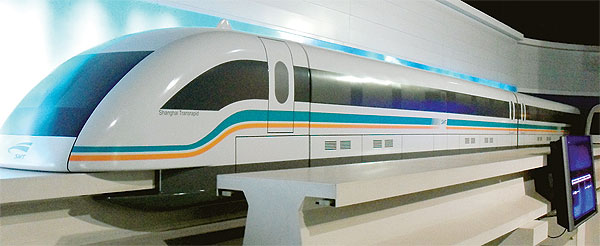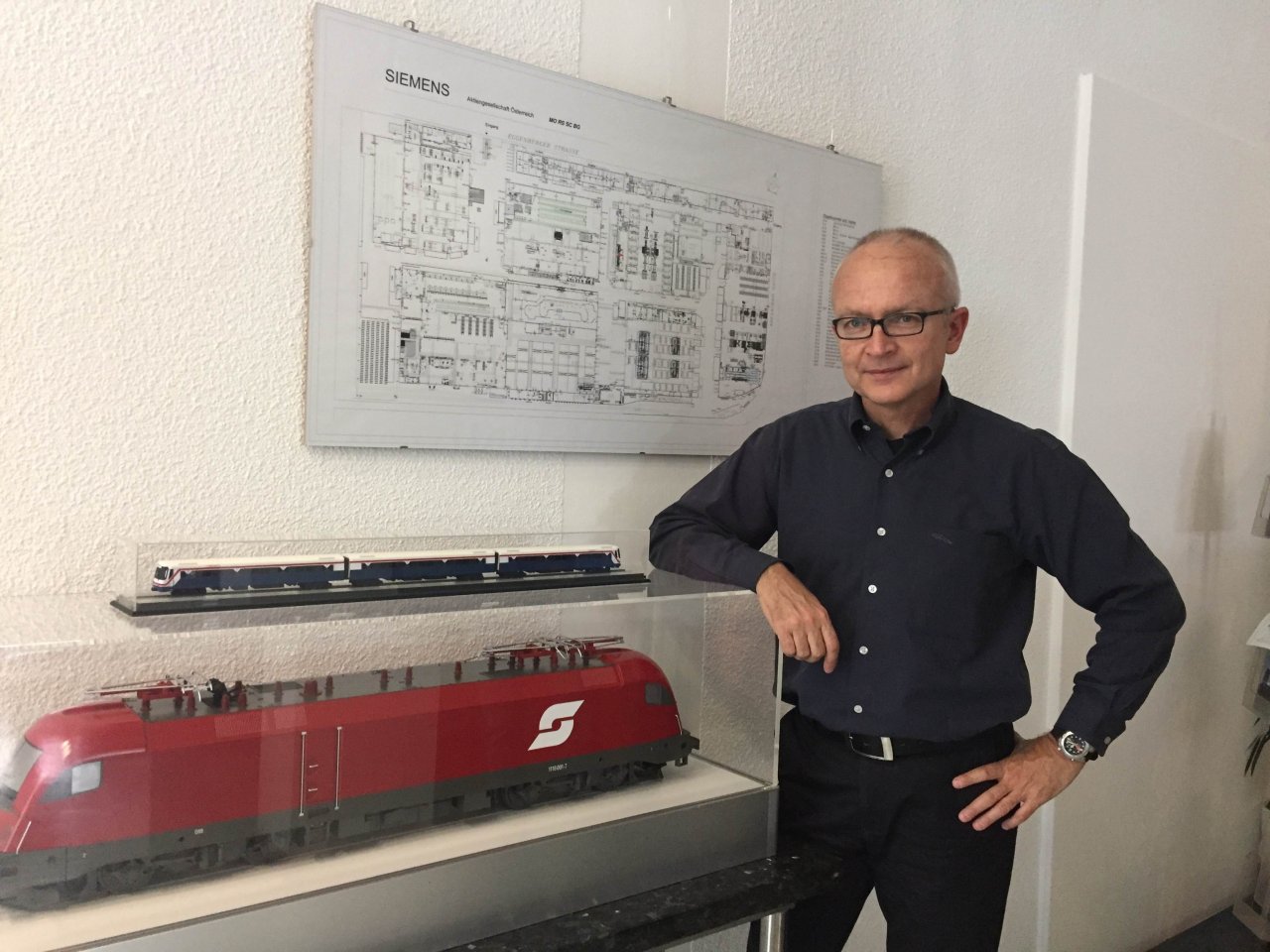Development on Fast track
So much to gain from new rail routes.
While the cabinet will today consider approving the framework of joint investment between
The investments would develop high-speed trains with speeds of around 250 kilometres per hour. Three routes with an investment value of approximately 480 billion baht are now under consideration: Bangkok-Nong Khai, Bangkok-Rayong and Bangkok-Padang Besar.
Supa Piyajitti, director-general of State Enterprise Policy Office, said state-run organisations with the potential to join the investment were the State Railway of Thailand (SRT), which owns land plots along possible routes, and the Mass Rapid Transit Authority of Thailand (MRTA), which has technical expertise.
She said a memorandum of understanding on the Thai-Chinese joint investment would identify only the main topics of co-operation. Once it receives cabinet approval, the MOU must be approved by parliament as the government needs to conduct a public hearing on the issue. “Details of possible co-operation have already been drafted but cannot be disclosed at the moment. The timeframe for development will depend on when the parliament approves the MOU,” she said.
A joint Thai-Chinese company with 50:50 ownership will be established, each side with authority to arrange investors. It is unlikely the SRT would invest alone in the joint venture as the law forbids a state enterprise to enter an investment in which a foreigner has more than 49% ownership.
Ms Supa said the joint venture would not require vast capital as the new firm could seek funding for development of a high-speed train system and repay the debt from income generated from its operation. Thai partners would be expected to provide land which, after the rail is constructed, will be given to the government.
Manop Sangiambut, CLSA head of
He said the Chinese government usually provides low-interest funding, rail construction and vehicles when investing in other countries.
Ms Supa last week led a Thai delegation to study operations of Chinese high-speed trains in
She said
High-speed trains from
The other two routes would upgrade the living standard of people in those provinces while also improving tourism.
Mr Manop added Thai funds might be mobilised from the capital market.
Source: http://www.bangkokpost.com


